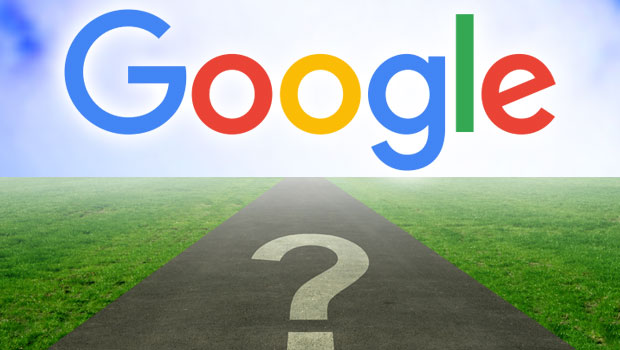Although Google didn’t drop any new details on the progress of Andromeda at its big Pixel event last week, that doesn’t suggest any tempering of enthusiasm for the new operating system.
#Google‘s #Andromeda: 1 OS to rule them all. Is another operating system what consumers need? Many people think so. https://t.co/GFPr02ruE7
— Ali Zartash-Lloyd (@Cognisant2000) October 7, 2016
Andromeda reportedly is a mashup of Android and Chrome, with features from Chrome having been ported into Android rather than the other way around. It’s expected to show up next year in a new laptop, dubbed “Pixel 3,” Android Police reported last month. The project is known internally as “Bison.”
Putting It Together
Andromeda apparently is distinct from Google’s current bid to bring Android apps to Chromebooks through the App Runtime for Chrome project, and the Pixel 3 won’t be marketed as a Chromebook.
Google also plans to launch a Huawei-manufactured Nexus tablet that will run Andromeda, 9to5 Google reported last month.
A Chrome and Android mashup would provide “a common platform across all devices that includes not only the OS but the browser functions as well,” observed Michael Jude, a program manager at Stratecast/Frost & Sullivan.
“It’s what Microsoft was trying to do before the government told them they couldn’t,” he told TechNewsWorld.
Reaching for Andromeda
Google has been “on a trajectory to hybridize Android and Chrome OS in terms of running apps, the Web/Touch model and other aspects,” noted Al Hilwa, a research program director at IDC.
“I’m not surprised to see Andromeda devices,” he told TechNewsWorld.
This move “is essentially what we’ve said all along Google should do,” Hilwa remarked. “Clearly they can only do it at a certain pace, given that these are established platforms with OEM ecosystems.”
The pace has been fairly sedate for Google. Executive chairman Eric Schmidt appeared to hint at the hybridization in his keynote at the 2011 Mobile World Congress in Barcelona.
Chrome and Android would have more features in common, Schmidt said two years later, though Google intended to keep the OSes separate. Those comments followed Android guru Andy Rubin’s move from the Android unit to head unspecified new projects. Google CEO Sundar Pichai, who was then head of the Chrome OS unit, was Rubin’s replacement.
That move increased speculation that Google was planning an eventual merger of the two OSes.
Hardware Expectations
Andromeda “will optimize access to Google Assistant from hybrid PCs and tablets,” suggested Werner Goertz, a research director at Gartner.
However, Google’s new Allo chat app and its new Pixel hardware devices will be more relevant, he told TechNewsWorld ahead of last week’s event, as they’re integrated with Google Assistant.
They “will form the starting point for a new ecosystem for Google’s virtual personal assistant,” Goertz noted. “As such, Google’s strategy resembles that of Amazon with Alexa.”
The Pixel 3, slated for release next year, will be an ultra-thin laptop with a 12.3-inch display, Android Police reported. It’s expected to have a tablet mode, but whether it will be a 2-in-1 device like Microsoft’s Surface Book or have some other form factor is unknown.
It will have an Intel M3 or i5 Core processor with 32 or 128 GB of storage and 8 GB or 16 GB of RAM, according to Android Police. It also will have a fingerprint scanner, two USB C ports, a 3.5 mm jack, stylus support, stereo speakers, quad mikes, and a backlit keyboard with a glass trackpad employing haptic tech and force detection. Battery life is expected to be about 10 hours.























































As far as I’m concerned, Android HAS been merged with Chrome OS. Any further merging would likely degrade the experience that Chrome OS provides to users. While I’ve seen a lot of completely uninformed fawning over and praise for Andromeda, I’ve yet to see an explanation of the advantages that Andromeda would supposedly provide that would make it superior to the current Chrome OS with built-in Play Store. It’s easy to praise vapor-ware.
The task manager simply says "ARC". So please correct Google, not the author.
You are missing the point. "Google’s current bid to bring Android apps to Chromebooks" does NOT rely on "App Runtime for Chrome" (ARC), but instead relies on a newer, very different, technology that is not at all related to the ARC project. That newer technology is, confusingly, referred to as Arc++. See my previous post for more information.